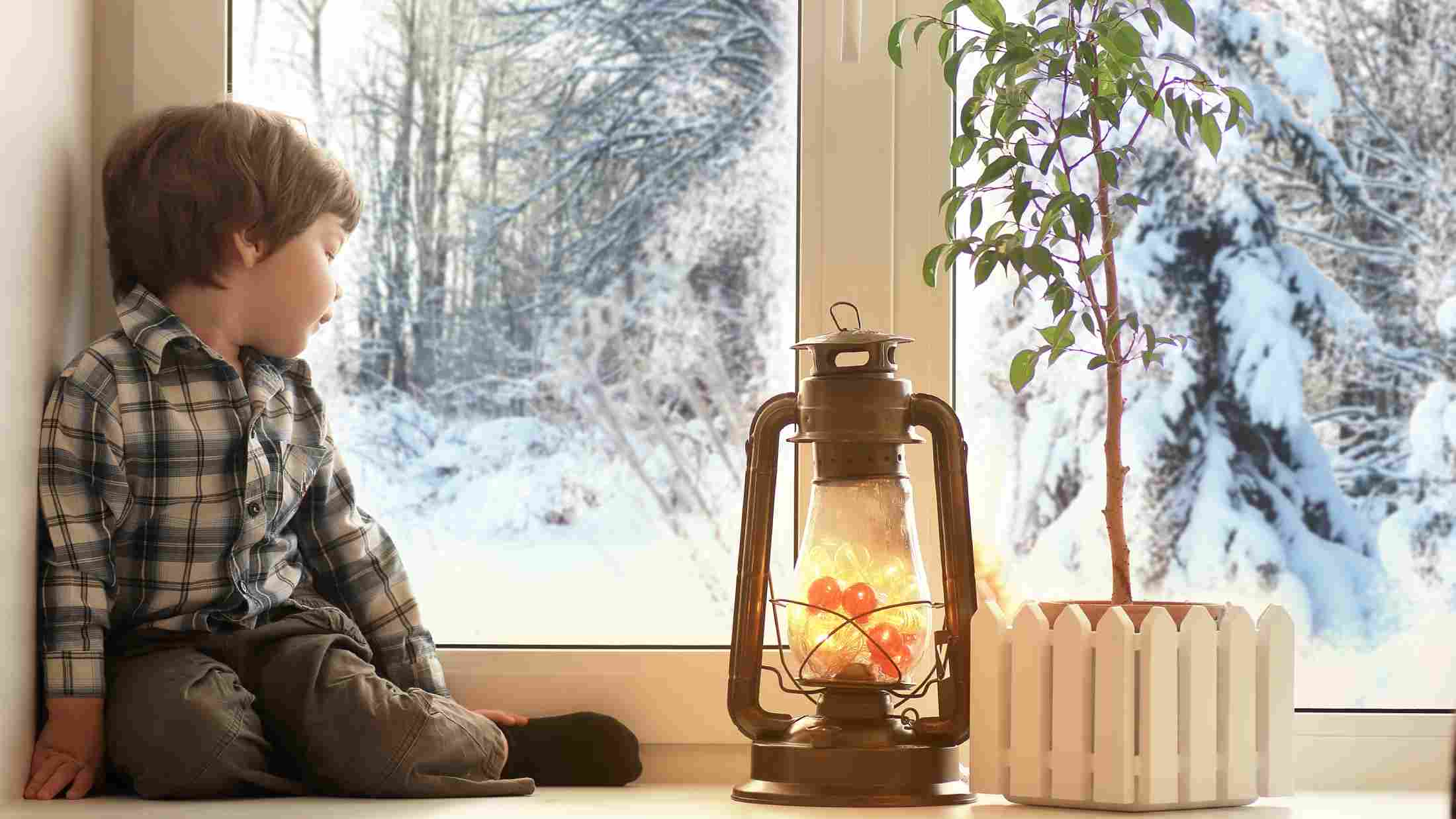Repair and maintenance work for your home is inevitable. Frustratingly, you often can’t control when it’s needed. Even with the nation beginning to move out of lockdown, it may feel like your home maintenance has to stay on hold. Luckily, that’s not the case.
We’ve put together this guide to help you learn more about maintenance and repair works during lockdown, and what to expect as we move on from it. While some rules may relax as time goes on, there will still be some precautions to take for both yourself and those working in your home.
From DIY work to using trade services, you’ll find out how to undergo your home repairs during and after the lockdown period.
Are you allowed?
The good news is that yes, you are allowed to have work done in your home, even during the lockdown. However, some conditions must be met:
- Work must be essential
- Any tradesperson must have no symptoms of Covid-19
- A 2-metre distance must always be observed
- Nobody in the household should have Covid-19 symptoms, be self-isolating or fall into the ‘at-risk’ category
However, in emergency circumstances, exceptions can be made to these rules. You’ll have to discuss this with the tradesperson to make sure they are happy to agree to this.
What is classed as essential maintenance or repair
In short, anything that’s necessary for the safety and basic comfort of your living is an essential repair. If the work in question can occur with proper distancing and minimal contact, the maintenance/repair can go ahead. Perhaps most importantly, traders can come to fix any problems with your gas supply, electricity or water supply.
Our home assistance provides some emergency repairs (your policy details will show if you have this cover). Visit our home insurance optional extras page to find out more.
It’s important to note that if the job in question requires any additional, non-essential repairs to be carried out, these will need to be completed at a later date. For example, if a water pipe in your ceiling is burst, a tradesperson can attend to fix the pipe, but not any damage to the ceiling.
What safety measures should you take?
To protect yourself and anyone working in your home, certain health and safety guidelines need to be followed.
You should ensure that you are practising social distancing at home. This means you should keep a 2-metre distance between yourself and anyone working in your home. Ideally, you should stay in another room for the duration of the work, keeping conversations brief and only when necessary.
You must ensure that the area where work is being carried out has good ventilation – like having the windows open, for example. You should also take precautions to sanitise any surfaces the tradesperson is likely to touch before they arrive. Where possible, try to make sure that any potential obstacle, such as a piece of furniture, is removed from the area before work begins. Doing so will help limit the time a tradesperson has to spend in your home, as well as the number of surfaces with which they might come into contact.
Tradespeople are advised to wash their hands for 20 seconds using warm water and soap upon arrival and regularly during working. They must also do this at the end of the work. If they do not have access to handwashing facilities from the work area, then they must carry and use hand sanitiser. Some workers may even wear disposable gloves for additional protection while they are working, too.
Once work has finished, the tradesperson should sanitise any surfaces that they have touched before they leave.
Communicating these guidelines
Before any tradesperson sets foot inside your home, you should receive notice of when they are arriving. This will give you time to prepare the work area, as outlined above. They should also communicate with you which areas of your home they will need access to and an estimate of how long they will need to complete the work.
Some companies might even send you a text or email before your appointment is due. The communication should outline the social distancing guidelines and the steps that their employee will be taking once inside your home.
Attempting repairs and maintenance yourself?
You may find that the repair is something you can carry out yourself. While you may decide to undertake this repair yourself, you should be cautious. Even if you have home insurance, without accidental damage coverage, any damage you cause to your property when undertaking any DIY repairs won’t be covered. It’s worth checking over your insurance details to check that you are covered.
When it comes to decorating, cosmetic home improvement work is not deemed as essential, so you can’t have a tradesperson come out for this. For example, you won’t be able to hire a painter and decorator or a floorer to lay new flooring.
However, most home improvement stores have now opened their doors. This means you can purchase the items you need and undertake the work yourself.
It is important to remember, however, that these stores will also be working with strict social distancing rules. They may also be offering a limited product range. Trades services and 'click and collect' at larger DIY stores may also be limited.
We have many home improvement tips and guides where you can read up on maintenance, repair and even decorating.












